More heart patients die waiting for surgery in south Wales
- Published
Newport Labour councillor Ron Jones died in August 2013 while on the waiting list for heart surgery
The number of patients who died while waiting for heart surgery at two south Wales hospitals has risen in the past year.
Between April 2013 and March 2014, 29 patients died waiting for surgery at Cardiff's University Hospital of Wales and Morriston Hospital in Swansea.
That is 12 more than the year before, when the Royal College of Surgeons raised serious concerns.
The figures were uncovered by BBC Wales' Week In Week Out programme.
Among those who died waiting for an operation was Newport Labour councillor Ron Jones.
He had been waiting 15 months for bypass and value replacement surgery at the University Hospital of Wales (UHW) in Cardiff when he died in August 2013.
His partner Pam Allen said: "You could see him deteriorating, he was losing weight, he couldn't even water the garden and his angina spray he was using as much as 15, 20 times a day.
"All he kept saying was promise me if anything happens to me before this operation that you won't leave it there."
Mr Jones's family are now waiting to hear the outcome of an investigation into his death on the waiting list.

Figures obtained by Week In Week Out show:
There were 238 patients waiting for heart surgery at UHW in August 2013 - now there are 119
At the end of March 2013 there were 323 patients waiting for cardiac surgery at Morriston Hospital - 57 more than last year
125,000 patients are currently on waiting lists for diagnostic and therapy services in Wales
300,000 operations were carried out across Wales between April 2013 and March 2014
During that time more than 37,000 were cancelled for non clinical reasons, including a lack of staff and beds

Adam Cairns, chief executive of the Cardiff and Vale University Health Board, said that while the hospital's cardiac waiting lists have been reduced more needs to be done. He added £2.4m would be put towards reducing waiting times even further.
He said they currently carry out 900 procedures each year and are looking to increase to 1,100 as a first step, with this going to 1,300 a year as the service continues to develop.
"Over the last 12 months we have seen a 25% drop in the number of people waiting 36 weeks for surgery," said Mr Cairns. "We know that whilst we've seen some great improvements in some areas we have work to do in others and I would like to apologise to those people for whom we haven't been able to provide the kind of experience we would like."
Labour MP Ann Clwyd, who has complained that too many patients in Wales are waiting too long for diagnosis and treatment, said: "Those are shocking figures. That means some [people] are going to get worse because they have not been diagnosed.
"Some people are going to die because by the time they get treatment it may be too late."
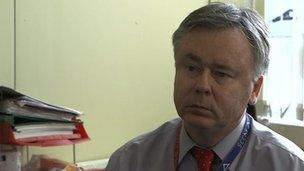
Dr Paul Morgan said bed shortages were common in every Welsh hospital
Patients could be dying because of a regular shortage of intensive care beds across Wales, according to Dr Paul Morgan, chairman of the Welsh Intensive Care Society.
He said: "If you are the patient whose operation is postponed for whatever reason, you are going to be traumatised psychologically - but it might also be that the physical nature of whatever disease process you have got could be adversely affected - it could become inoperable."
Wales' Health Minister Mark Drakeford insisted the Welsh NHS was doing a good job and said improvements were being made to reduce waiting lists.
Week In, Week Out: Ann Clwyd - Rebel With A Cause can be seen on BBC One Wales at 22:35 BST on Tuesday, 3 June.
- Published30 May 2014
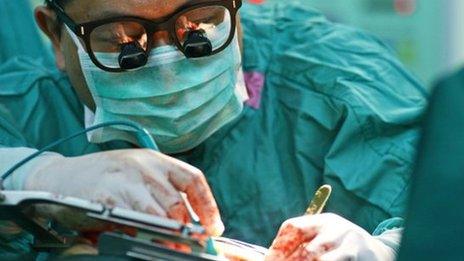
- Published26 July 2013
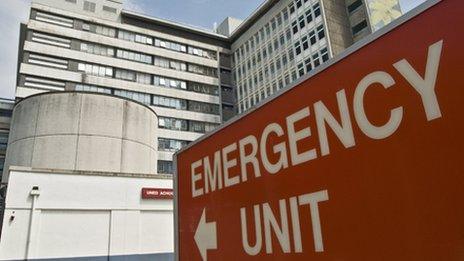
- Published21 March 2013
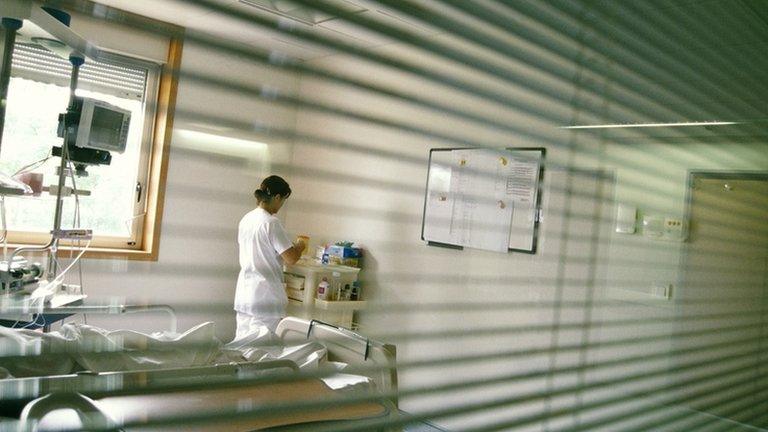
- Published26 February 2014
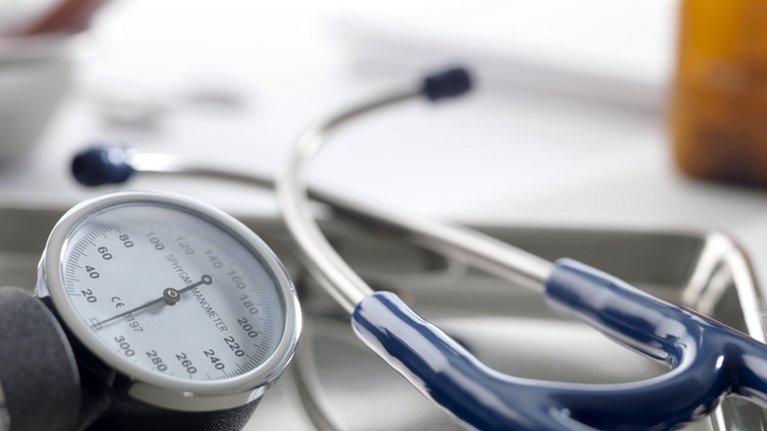
- Published24 February 2014
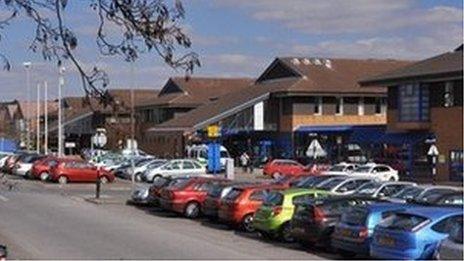
- Published21 February 2014
